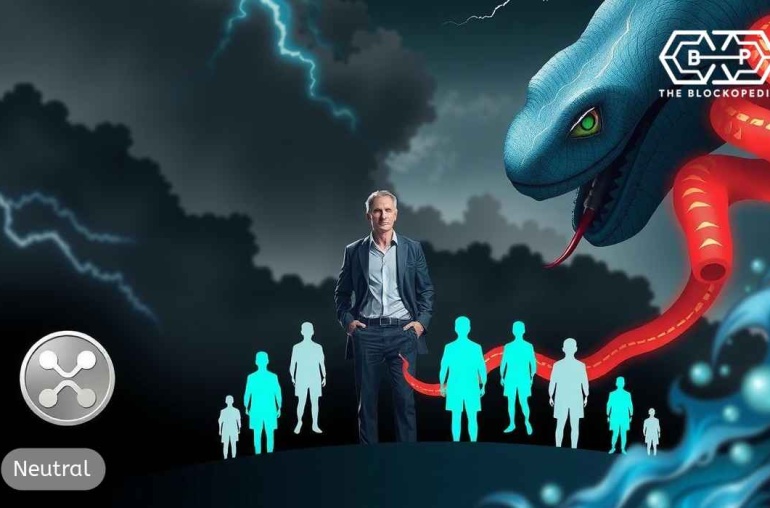This week, a public disagreement on social media threw a spotlight on one of the trickiest issues in crypto. It started when blockchain investigator ZachXBT openly questioned claims made by Circle, the company behind the USDC stablecoin. The whole thing seems to highlight a real tension between corporate policy and the need for fast action.
Circle’s Public Stance
Earlier this week, Circle published a sort of reflective post detailing its 12-year history. The core message was about the necessity of working directly with governments and regulators. The post quoted CEO Jeremy Allaire saying, “You’ve got to work with governments. There’s no way around it.” It painted a picture of a company committed to building a safer financial system through cooperation and transparency. This is a key part of their brand, especially as regulators keep a closer eye on stablecoins.
But maybe the message was a little too polished.
The Pushback from a Watchdog
The response from ZachXBT was swift. The well-known on-chain sleuth challenged Circle’s narrative, suggesting their actions haven’t always matched their words. The criticism focused on two specific cases where ZachXBT alleges Circle was slow to act.
The first involves the Lazarus Group, a North Korean hacking team sanctioned by the U.S. Treasury. According to the allegations, while other stablecoin issuers moved quickly to freeze addresses tied to the group after major hacks, Circle delayed for months. The second case centers on Garantex, a Russian exchange sanctioned for money laundering. ZachXBT pointed out that Circle didn’t immediately freeze the flagged addresses, even after U.S. authorities publicized the action.
Why This Dispute Resonates
This isn’t just a petty argument on X. It gets to the heart of a contradiction that stablecoin issuers face. Companies like Circle want to be seen as legitimate partners to the traditional financial world. That means following the rules. But in the crypto space, speed is often seen as a feature. Delays, even for internal reviews, can be interpreted as reluctance or worse—prioritizing business over security.
For a company that has built its reputation on being the more compliant, transparent option, these accusations strike at its core identity. They’ve often contrasted themselves with rivals by highlighting their cooperation. But critics will always want to see proof, not just promises. It’s about consistent enforcement when it matters.
As of now, Circle hasn’t publicly responded to these specific claims. Whether they choose to address it directly or let it fade might tell us something about how they handle pressure. And the pressure is only going to increase from here.
![]()



